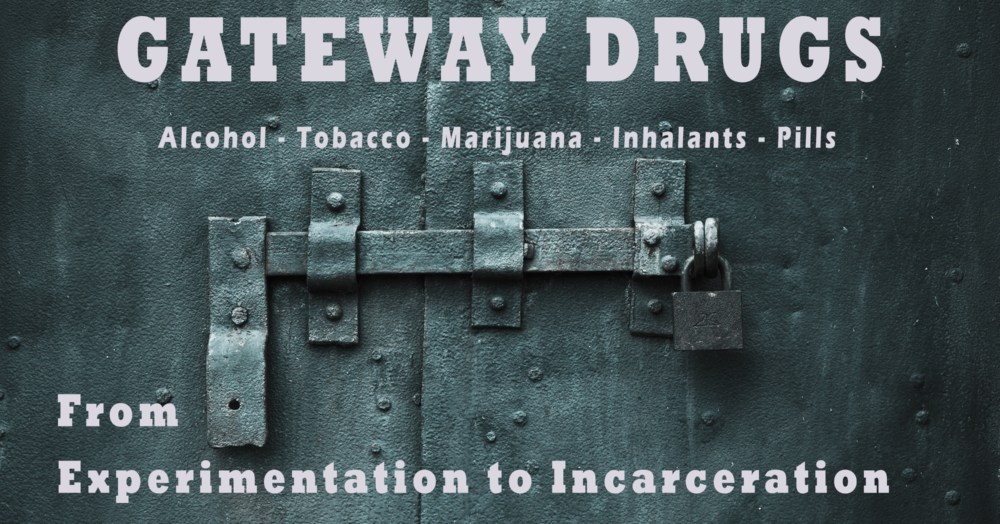Teen dating violence is something that affects more teenagers than most realize. According to the CDC, nearly 1 in 11 female and approximately 1 in 14 male high school students report having experienced physical dating violence. However, teen dating violence isn’t just physical violence. It’s also psychological or sexual abuse, harassment, or stalking of any person ages 12 to 18 in the context of a past or present romantic or consensual relationship. Each of these can look like the following:
- Physical Abuse: hitting, biting, shoving, hair pulling, scratching
- Emotional or Psychological Abuse: name calling, bullying, shaming, intentionally embarrassing, constant monitoring
- Sexual Abuse: forcing a teen partner to engage in a sexual act against or without their consent
- Stalking: Repeatedly following or harassing a teen partner in a way that causes them reasonable fear for their safety or well-being
The effects of dating violence can be severe. Teens that experience dating violence are more likely to:
- Experience symptoms of depression and anxiety
- Engage in unhealthy behaviors, like using tobacco, drugs, and alcohol
- Exhibit antisocial behaviors like lying, theft, bullying, or hitting
- Have suicidal thoughts
A great resource for learning more about teen dating violence is loveisrespect.org. This website is also a helpful resource to share with someone in an abusive relationship. On this site you’ll find warning signs, what healthy relationships look like, how to set boundaries and understand consent. You’ll also find resources like creating a safety plan, how to support a friend or family member, and a hotline number.
We at Women In Need teach four main red flags that act as warning signs that someone could potentially be abusive one day. These are manipulation, isolation, control, and extreme jealousy. Manipulation can look like someone telling you that you remember a situation incorrectly, making you feel like you need to apologize for something that wasn’t your fault, or accusing you of doing something that never happened. Isolation is when a partner tries to keep you from friends and family. They can do this by trying to pit you against them or making it to where you only rely on that partner for needs. Control is when your partner tries to tell you who you can and can’t hang out with, where you can and can’t go, or even what you can wear. Extreme Jealousy can look like many things. For example, it may be that your partner won’t let you have friends of the opposite sex, gets angry when you talk to or mention someone else, or demands to look at your phone and have passwords to your social media accounts. Jealousy is a perfectly normal emotion, but taken too far it can be emotionally abusive, making it a red flag.
By giving examples of what healthy and unhealthy relationships look like through lessons for students in 6th-12th grade, the goal of Women In Need’s preventive education team is to prevent violence from ever happening. In addition to our preventive education, our offices offer a crisis hotline, shelter, legal advocates for those seeking a protective order, and support groups for anyone who may be in need. If you or someone you know need help or have questions, our crisis number is 903 454 4357 and our website is www.wintexas.org.
DrugFree Greenville Public Education Committee
